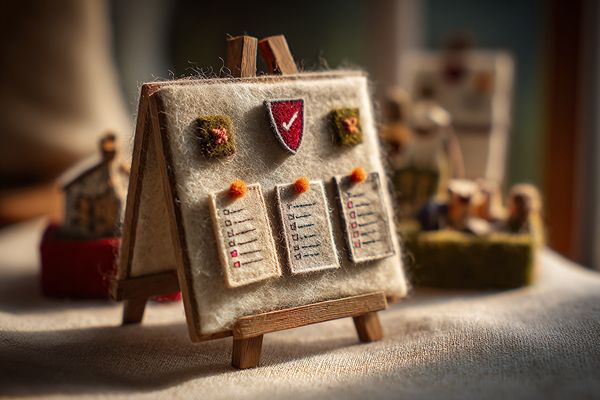Preventative Practices Lab

Instructor: Emily Dills
A collaborative course centered on proactive classroom management. Through peer coaching and co-design, teachers develop preventative systems and routines that reduce disruptions and foster a positive learning environment. Participants implement these strategies in their classrooms, collect real-time data, and return to the group for reflection and problem-solving.
Course information
For school leaders and teachers and support staff
Duration: 12 hours
4 sessions
Live peer-to-peer learning
The methodology
Teachers will learn in small groups of 2-5 colleagues, meeting once a week for 4 weeks. Sessions are 1.5 hours and can be in-person or online.
Course syllabus
Session 1: Foundations of Preventative Practices
- • Understand the principles of proactive classroom management
- • Identify patterns and triggers of common classroom disruptions
- • Begin designing a preventative system or routine tailored to your classroom needs
Session 2: Collaborative Design of Systems and Routines
- • Co-create effective classroom routines and management systems with peer input
- • Align preventative strategies with classroom values and student needs
- • Finalize an implementation plan to pilot the new system in your classroom
Session 3: Implementation Insights and Data Reflection
- • Share classroom data and observations from implementing the system
- • Reflect on what worked and what needs adjustment
- • Analyze patterns and receive coaching on next steps
Session 4: Troubleshooting and Sustainability Planning
The methodology
Teachers will learn in small groups of 2-5 colleagues, meeting once a week for 4 weeks. Sessions are 1.5 hours and can be in-person or online.

For school leaders and teachers and support staff
Duration: 12 hours
4 sessions
Live peer-to-peer learning